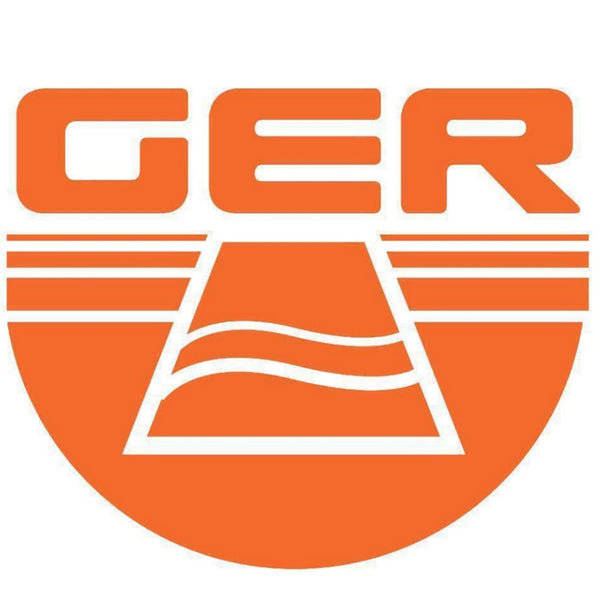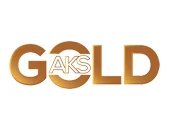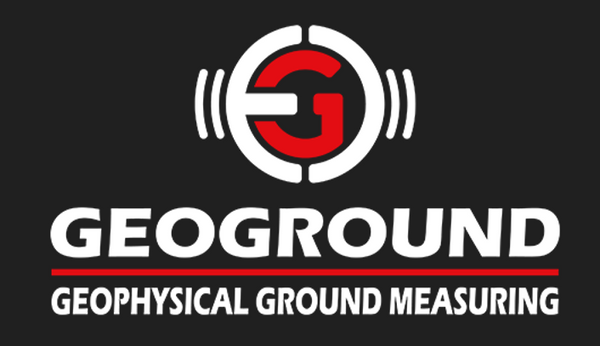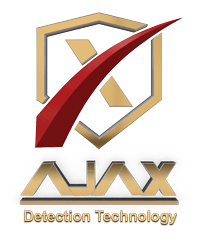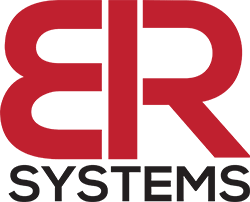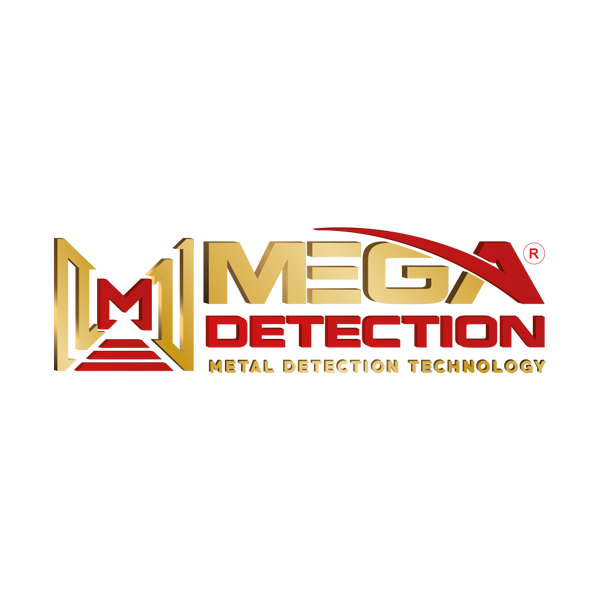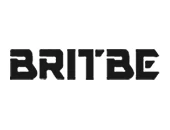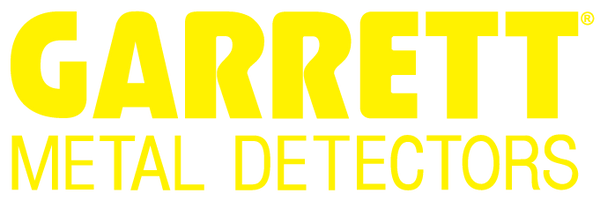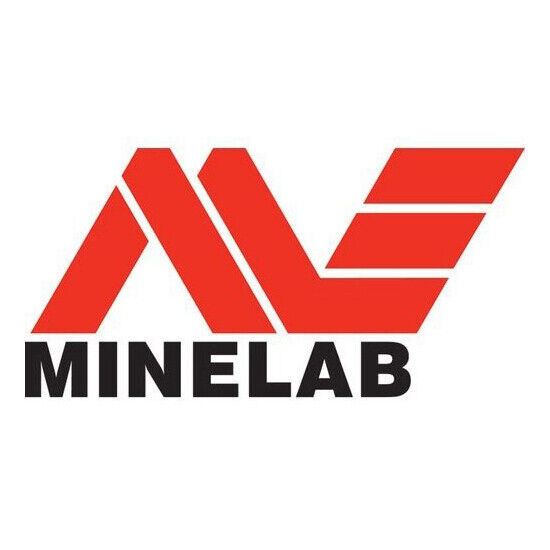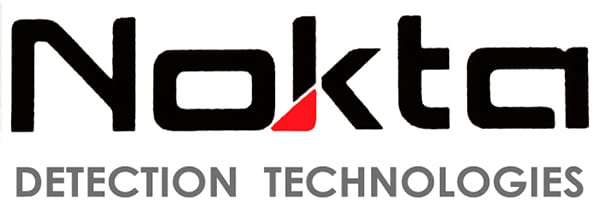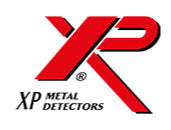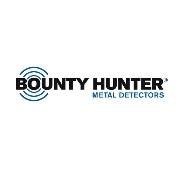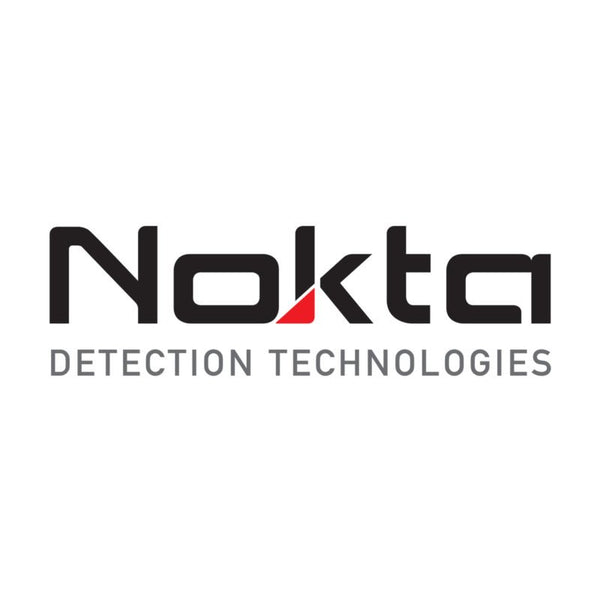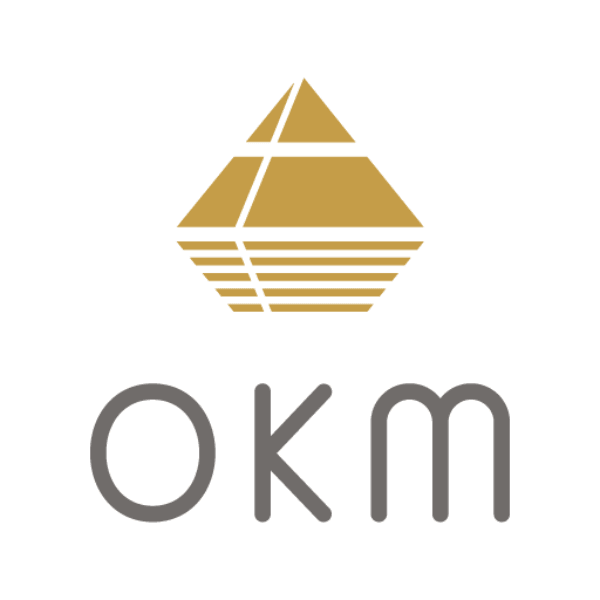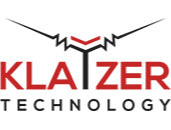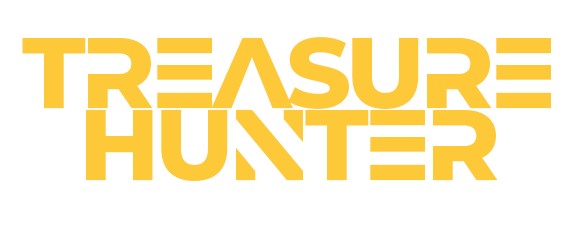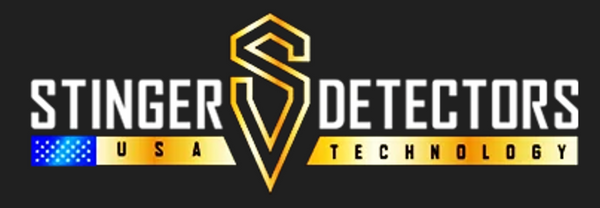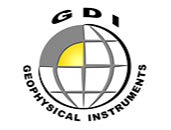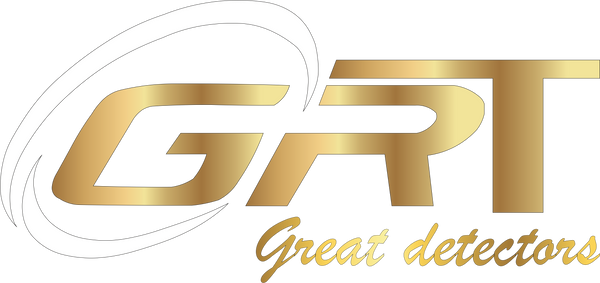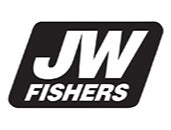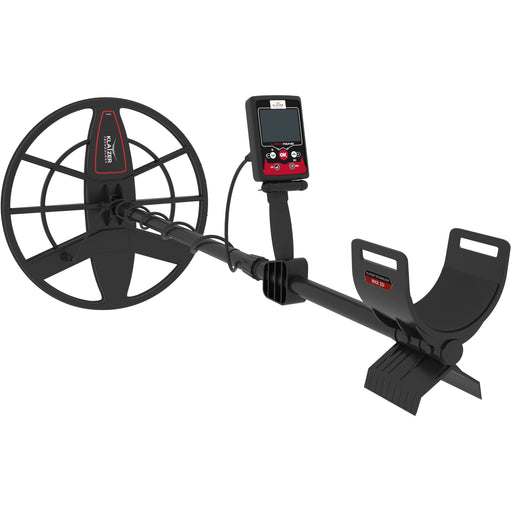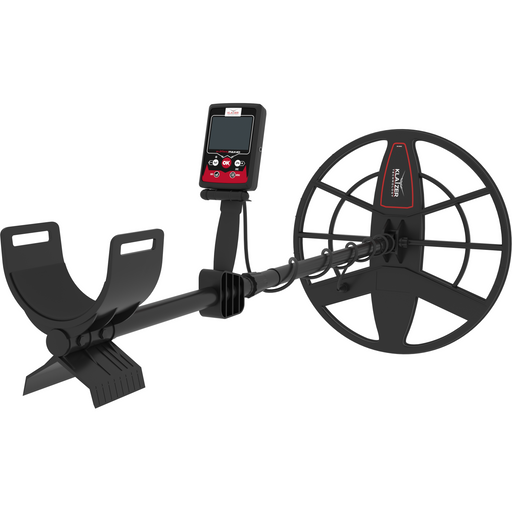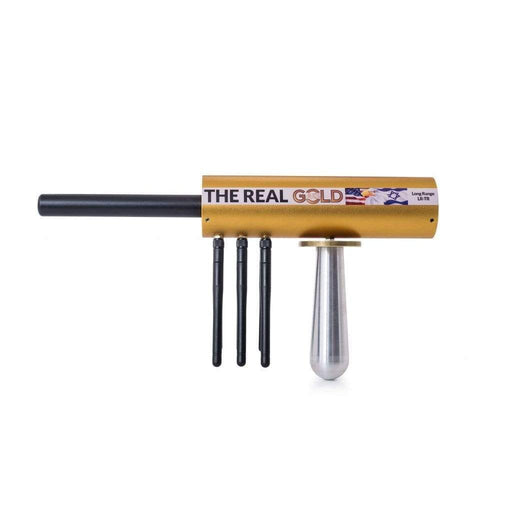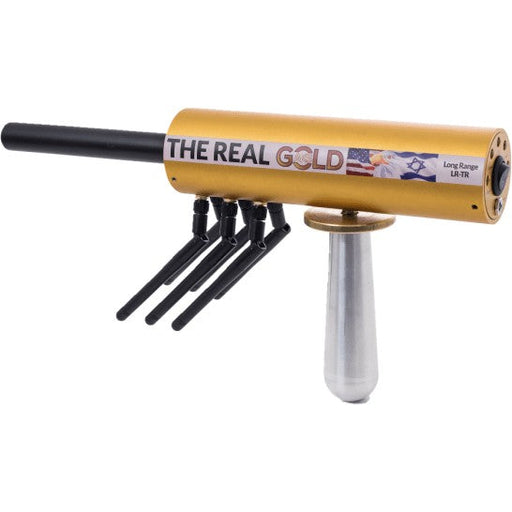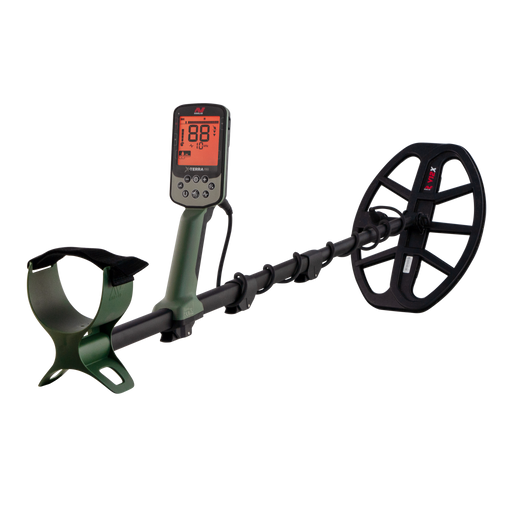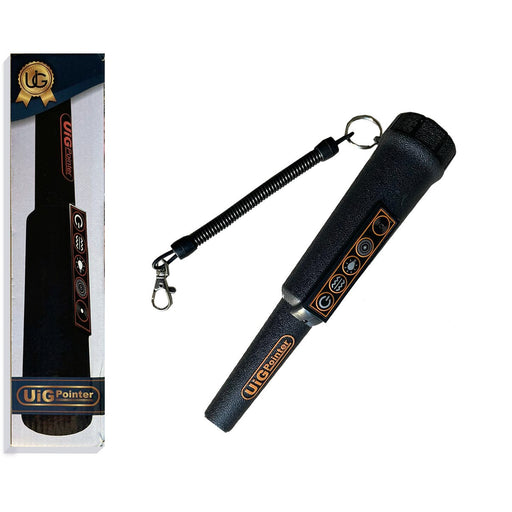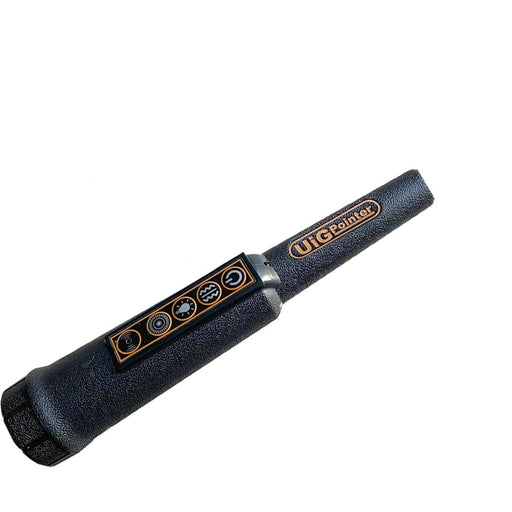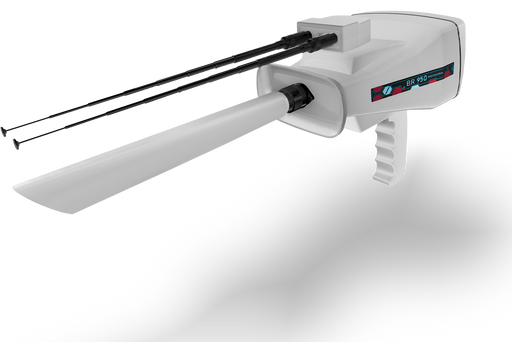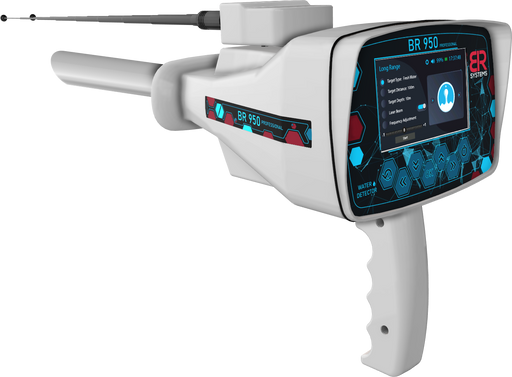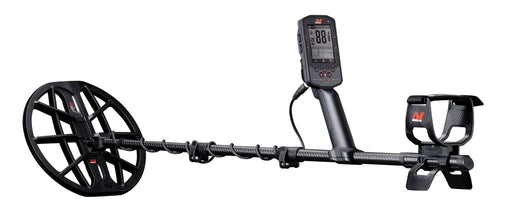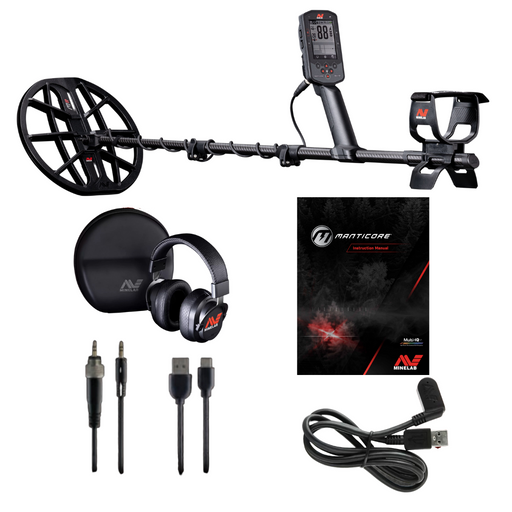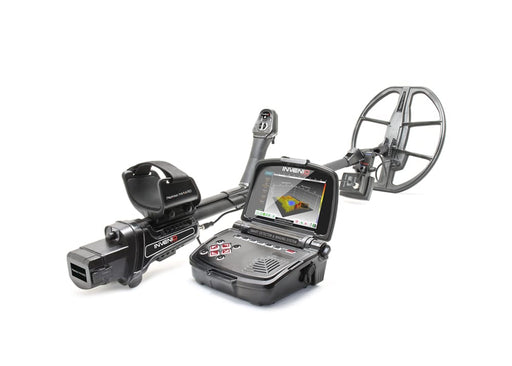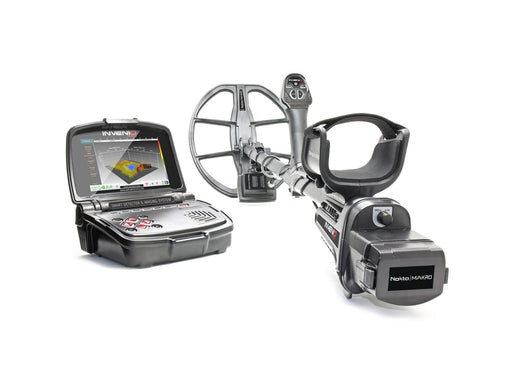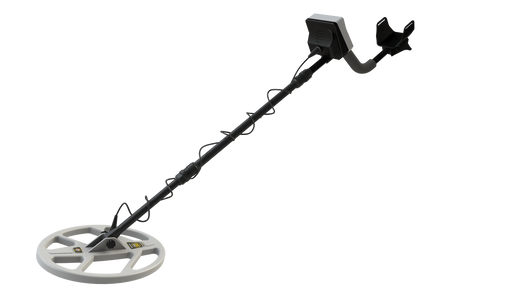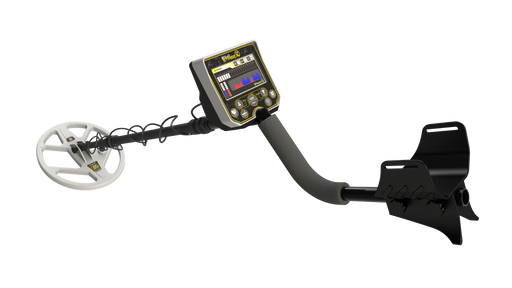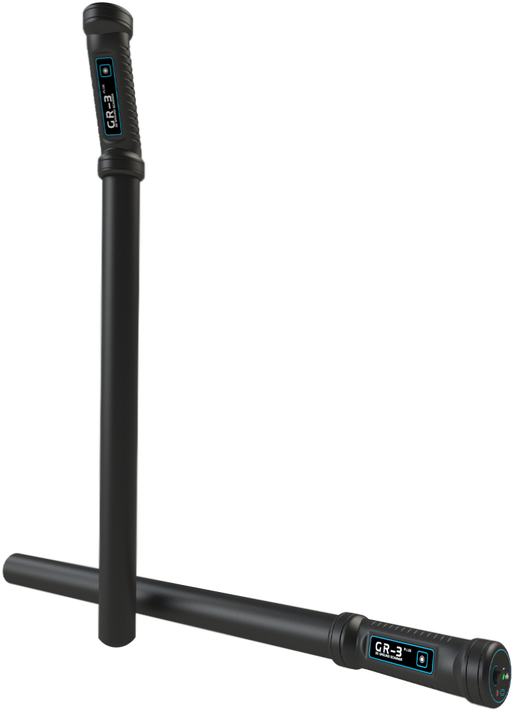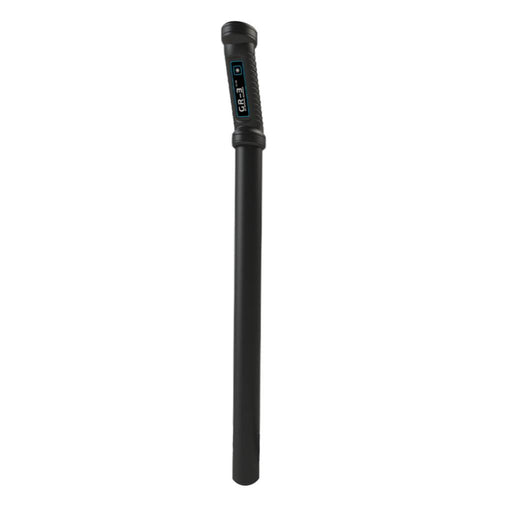COBRA GX-8000 Plus Features
5 Search Systems
Embarking on a treasure hunt often requires advanced technology, with long-range locator devices being essential tools for detecting hidden treasures from a distance. The Cobra GX-8000 Plus features two long-range locator systems—one for single use and another for two-person teams.
Additionally, it incorporates innovative detection systems: the Ionic System analyzes atmospheric ions to identify buried treasures, the Bionic System uses biometric sensors to detect biological signatures in tough environments, and the Ion System offers an eco-friendly approach by pinpointing areas of heightened ion concentrations.
Finally, the 3D Ground Scanning System provides a detailed view of the terrain, allowing users to visualize underground structures and potential treasure sites, with data accessible via an Android app.
1 – Single Person Long Range Locator System
This search system allows a single operator to search large areas within a 2000-meter radius and depths up to 50 meters underground. It uses copper handles with antennas and a Ground Frequency Generator to detect various metal types. Users can adjust settings for metal type, soil condition, distance, and depth for optimized searches.

Designed for solo adventurers, the single-person long-range locator is a trusty companion for individuals venturing into the unknown.

This system is useful when searching in large open areas and when the prospector and the searcher have no idea of a potential target location, this system is used by the prospector to narrow the search for buried targets to the smallest possible area.
Several search settings can be set before start searching such as:
* TARGET :
The user can choose from 12 search programs to specify the type of metal they wish to detect, including both ferrous and non-ferrous metals.

The available programs are as following:
- Gold Treasure.
- Gold.
- Gold Veins.
- Silver.
- Bronze.
- Copper.
- Diamond.
- Platinum.
- Iron.
- Cavity.
* SOIL :
With this setting user can choose the soil type from the available options for more accurate results:
Stony – Rocky – Sand – Normal – Wet – High Mineral – Low Mineral-Snow

* DISTANCE :
Here, users can modify the front scan distance by selecting a search range between 0 and 2000 meters, adjusting the value using the left and right arrow buttons on the control panel.

* DEPTH :
Users can also adjust the maximum search depth of the device, with values ranging from 0 to 50 meters. They can increase or decrease this value using the left and right arrow buttons on the control panel.

After selection all the previous settings, the device displays a Summary page where it displays all previous selected settings, user can press OK button to proceed with search for targets.

2 – Double (Dual) Person Long Range Locator System
For those who prefer companionship on their quest for riches, the double-person long-range locator provides the perfect solution. By accommodating two users simultaneously, this system fosters collaboration and teamwork, amplifying the effectiveness of treasure hunting expeditions. With synchronized operation and expanded coverage, partners can explore remote landscapes with greater efficiency, maximizing the chances of uncovering valuable treasures.

This search mode is designed for two users to operate simultaneously, using a set of copper handles. Each handle features two copper wires: one handle has ports for connecting to a linking unit via cable to the Long-Range unit, while the other handle, held by the second user, does not contain ports.
After selecting this system from the long-range search submenu, users can adjust the search settings in the same manner as outlined in the single person system.
3- Ionic / Ion System
Leveraging ionic technology, this system explores the hidden realm of atmospheric ions to uncover buried treasures and ancient relics.
By analyzing subtle variations in ion concentrations, the ionic system detects anomalies that indicate hidden treasures, guiding explorers to potential hotspots with impressive accuracy. Its capability to penetrate the earth’s surface and locate metallic objects makes it an essential tool for both archaeologists and treasure hunters.
Adopting an eco-friendly approach, the Ion system transforms how explorers discover hidden riches. By analyzing atmospheric ionization patterns, it identifies areas of increased ion concentrations, signaling the presence of treasures buried below. Its non-invasive method reduces ecological disruption, making it ideal for conscientious adventurers dedicated to preserving the natural environment while pursuing exciting discoveries.
This system, featuring two modes (Ionic and Ion), utilize a new Ionic unit that connects wirelessly to the main unit.
The Ionic unit employs an I.B.I sensor to detect signals from buried targets and displays two visual indicators on its screen: Target and Cavity.
These indicators appear as 2D vertical progress bars, showing percentage values based on received signals. The Target progress bar is color-coded from green to red, while the Cavity progress bar ranges from green to blue, depending on signal strength.


The primary difference between the Ionic and Ion modes is that in Ion mode, only the Target progress bar is active, meaning the device focuses solely on detecting metal targets and ignores cavity signals.

4 – Bionic System
Combining advanced biometric sensors with innovative algorithms, the bionic system explores new possibilities for treasure detection by utilizing biological signatures. By analyzing subtle physiological cues from living organisms or organic materials, this system uncovers hidden treasures with exceptional accuracy, even in difficult environments like dense forests or underwater settings.
This search system operates similarly to the ionic search system, but with a key difference: it captures bionic signals from specific metallic objects, such as gold. The search is then focused on detecting bionic signals from similar metal objects buried in the surrounding area. In contrast to the ionic system, which conducts a random search, the bionic system targets predefined signals based on a specific type of target.
To capture the initial signal, the user points the I.B.I Sensor head at the metal object of the desired target type and press the start button on the device handle to set the target type.
Users can stabilize the device’s direction toward the scanned object using the laser light, which ensures precise alignment for signal detection.
The bionic system features intuitive on-screen indicators that guide users during the detection process.
Green Motion Circle: When no signals are detected, a green motion circle will appear, indicating that the sensor is active but not picking up any relevant signals.

Red Indicator: If a signal similar to the previously captured target is detected, the indicator will stabilize and turn red. This is accompanied by an audio alert, signaling that a potential target has been found.

These indicators help users accurately track the device’s direction towards the metal object, utilizing a laser light for precise alignment. If a signal appears, users can confirm its accuracy by revisiting the initial metal object and repeating the process.
5 – 3D Scanning System
Cobra GX-8000 Plus introduce the newest tool for treasure hunters: the state-of-the-art 3D ground scanning system. This groundbreaking technology transforms how adventurers explore terrain by offering a detailed three-dimensional view of what lies beneath.
Unlike traditional methods that depend on single-point readings, the 3D ground scanning system provides a comprehensive perspective, allowing users to visualize underground structures, anomalies, and potential treasure sites with exceptional clarity.
Featuring advanced sensors and imaging algorithms, this system captures intricate data about the subsurface environment and generates 3D images. It also includes Geoground 3D Analyzer Android application that users can install on their phones or tablets, enabling them to view and analyze the terrain from anywhere.
The 3D ground scanning system uses an I.B.I sensor to conduct scans of specific target areas. The collected data and measurements are then transferred to an Android smartphone or tablet using the Geoground 3D Analyzer app. This app displays a 3D visualization of the scanned data, highlighting the detailed structures of the area with different colors corresponding to specific target types, such as ferrous or non-ferrous metals and cavities.
Geoground 3D Analyzer
The Geoground 3D Analyzer app offers a user-friendly interface for connecting to smartphones or tablet devices, allowing users to easily select their device and grant necessary permissions. Once connected, the app provides a comprehensive settings screen where users can adjust ground scan settings—such as path, direction, type, lines, and pulse—tailored to their specific target and area.

This customization enhances scan accuracy, enabling the app to analyze data effectively and deliver optimal results.
Overall, the Geoground 3D Analyzer app streamlines the scanning process and improves the user experience by facilitating precise and detailed visualizations of underground structures.
The app’s visual tools enable users to analyze the 3D visualization for in-depth information about potential buried targets, including their position, type, depth, and more, all based on visual indicators and features.

User-Friendly Multilingual Interface
The device software program on both main unit and Ionic unit features an appealing graphical user interface designed with intuitive symbols and controls, making it accessible even for newcomers to metal detection.
Users can easily adjust various settings, such as search system, distance, depth, soil type, and more.
The device software is available in multiple languages, including:
German – English – French – Arabic
Spanish – Persian – Turkish – Russian
Allowing users to select their preferred language from the Settings screen.
Additionally, users can control the device’s sound volume and adjust the screen brightness to suit different lighting conditions, whether in sunlight or darkness.


